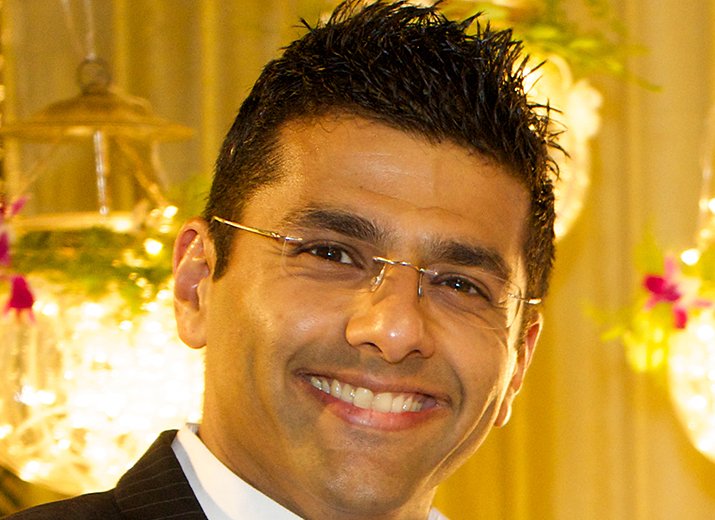To EVM or not to EVM
– By Viraf D. Mehta
It is indeed the time for a technology revolution, the apex community trust, which will soon go to the ballot to choose its leaders, has done away with the erstwhile ballot paper system and announced the use of Electronic Voting Machines (EVM).
We are indeed poised with several questions regarding the use of these machines.
1. Is this shift from the time and tested ballot papers to the technologically advanced EVMs justify the depletion of the Punchayet funds?
2. Is it a possible or viable to the EVMs considering they have never been tested for multiple voting instead of one vote
3. Is it safe since it is managed by a ‘third party vendor’
 Is it an Economically Viable Model?
Is it an Economically Viable Model?
At a time when the very backbone of the Trust – its employees have to go on a protest to get a meagre pay rise (which they well deserve), is it in the interest of the Trust to spend large sums of money on the EVM and its technology?
The price the BPP intends to spend on the EVM machines and the technology has not been disclosed to the public. However, a rough estimate is that the costs of the EVMs, the software and management fees would be close to Rs. 10 lacs. This is without the usual election set up and man power cost the BPP incurs every election.
The founding fathers and many Trustees who have over the years worked selflessly to make the BPP a strong and efficient community organisation would have never imagined that such large sums would be used by the administration for an election. To add to the woes the community is yet unsure if a proper process has been undertaken inviting tenders to bid for the EVM systems from reputed providers. All that we have been informed is that the company ‘On-Lyne’ an IT solution provider has been given this contract –and they intend to outsource the EVMs and the software from third party vendors.
Never tried – Never Tested
We have no doubt in the capabilities of On Lyne. However, the system of multiple votes on EVMs has till date never been tried or tested. In our Lok Sabha elections we use the EVMs to vote 1 candidate NOT 5.
We need to test and see whether these EVMs allow voters to vote as many times as there are vacancies to be filled in. Also how would someone cast only one vote instead of five and submit his voting. These are serious issues that need to be resolved before a system of this complexity can be thrown open to the community. Let us not forget our community has a large number of aged members who are not very tech-savvy. It seems unfair that we expect them to use these machines which will require them to press several buttons of an EVM on their own, which till date no one has done. This could potentially open up an avenue whereby ‘helpers’ will be allowed to assist the aged into making their decisions and punching them in(can delete if needed).
We are indeed unsure of the efficiency, transparency and ease of use of these technical gadgets since they would require very secure servers, technical knowledge and the ability to protect against mechanical glitches which could indeed paralyse the adult Franchise.
Third Party Vendors
Voting for BPP Trustees through EVMs leaves no scope of a re-election in case of any tampering of the machine which is a cause of concern since results would be announced immediately on completion of the voting exercise. This does not even happen in large LokSabha Elections.
Are the EVM machines tamper proof? Is the software safe from being hacked into? What are the fall back measures in place in the event of some tampering? Can manipulated coding be fed into the machines itself ?
The Code of Conduct seems to be silent on this issue and levies no penalty on one who intentionally does or attempts to tamper with the EVM machine or its software. What guarantee do we have that a third party vendor who is responsible to maintain the database, the software and working of the EVMs is not approachable or bias in any way?
While the EVM decision has been taken we need to introspect and question if a few thousand votes really need such an elaborate, complex and expensive method of voting, which is not full proof or tamper free.
The EVMs would require elaborate training programs, awareness and above all transparent functioning which can be expected only after several trials which would further diminish the trust corpus.
EVMs would have the deployment of same number of staff as the erstwhile system would hence the question that remains is what value addition does this system do to our community or the Adult Franchise Process apart from shorten the election from 3-4 days to 1 day. Is there a need for an abrupt introduction of this system which has never been tested to vote in 5 candidates simultaneously? Use of EVMs would be justifiable if the current system was flawed. However introducing a flawed system to replace a tried and tested system is simply unnecessary.





